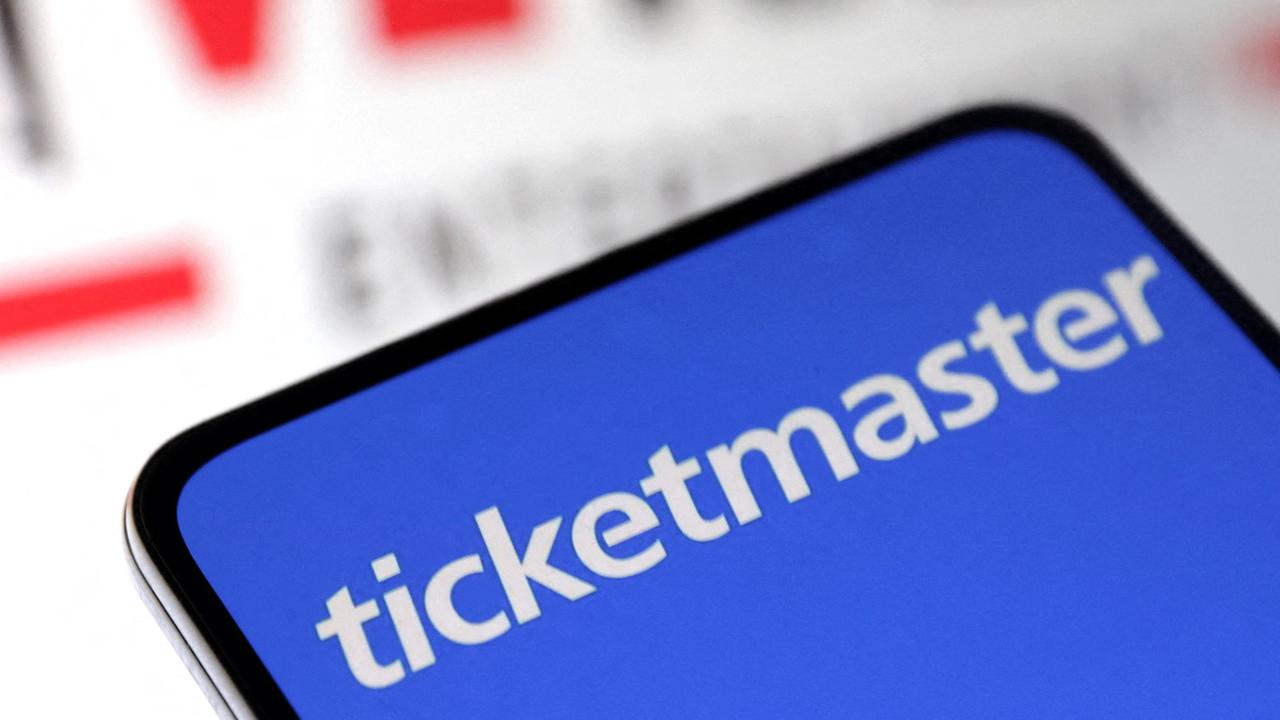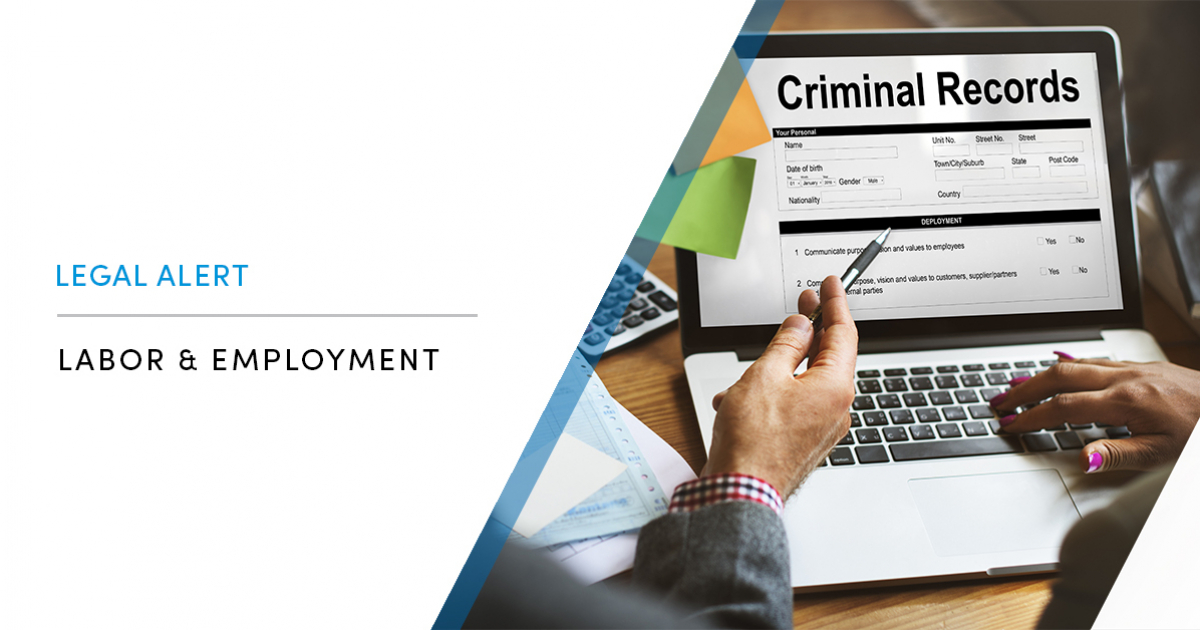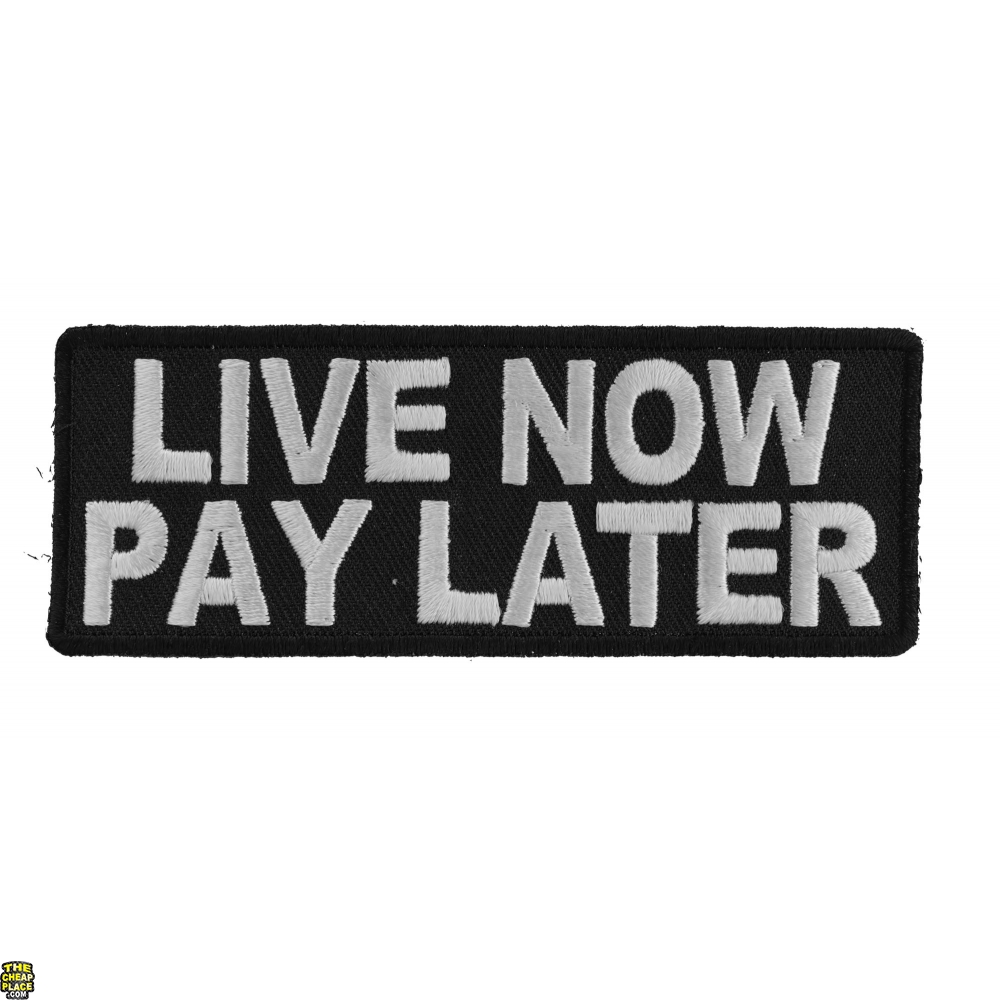Urgent Warning: Fake Ticket Sellers Targeting Ticketmaster Customers

Table of Contents
Identifying Fake Ticket Sellers & Websites
Spotting fake ticket sellers requires vigilance. Recognizing red flags is crucial to avoid falling prey to their deceptive practices. Learning to verify ticket seller legitimacy is your first line of defense against ticket scams.
Recognizing Red Flags:
-
Unusually Low Prices: If a deal seems too good to be true, it probably is. Fake ticket sellers often lure customers with prices significantly lower than the official Ticketmaster price. For example, a highly sought-after concert ticket selling for $200 on Ticketmaster might be offered for $50 on a fraudulent site.
-
Poor Website Design: Legitimate ticket sellers invest in professional-looking websites. Fake websites often feature amateurish design, broken links, poor grammar, and suspicious images.
-
Lack of Secure Payment Options: Beware of websites that only accept payment via untraceable methods like wire transfers or prepaid debit cards. Legitimate sellers typically offer secure payment gateways like PayPal or credit card processing with encryption.
-
Pressure to Buy Quickly: Scammers often create a sense of urgency to pressure you into making a hasty decision. Phrases like "limited time offer" or "only a few tickets left" are common tactics.
-
No Contact Information: Legitimate sellers provide clear contact information, including a physical address and phone number. Fake sellers often lack this information, relying on generic email addresses or social media profiles.
-
Generic Emails: Emails from fake ticket sellers often lack personalization and contain grammatical errors. Legitimate emails from Ticketmaster or authorized resellers will be professional and contain relevant details.
How Fake Ticket Sellers Operate
Understanding the common scamming tactics employed by fake ticket sellers is essential in avoiding their traps. These individuals use various methods to deceive unsuspecting customers.
Common Scamming Tactics:
-
Phishing Emails: Scammers send emails that appear to be from Ticketmaster, requesting personal information like passwords and credit card details. These emails often contain malicious links or attachments.
-
Fake Social Media Accounts: Fake profiles impersonating legitimate ticket sellers or Ticketmaster representatives are rampant on social media platforms. These accounts lure victims with attractive offers and then request payment through unofficial channels.
-
Cloned Websites: Scammers create websites that closely mimic the official Ticketmaster site. These sites are designed to trick customers into entering their personal and financial information.
-
Counterfeit Tickets: Some scammers sell counterfeit tickets that appear authentic but are ultimately invalid. These tickets might have altered barcodes or be entirely fabricated.
Protecting Yourself from Ticketmaster Scams
Buying tickets safely requires careful planning and adherence to secure ticket buying practices. Remember, your vigilance is your best defense against online ticket fraud.
Safe Ticket Purchasing Practices:
-
Use Only Official Ticketmaster Channels: Always purchase tickets directly from the official Ticketmaster website or app. Avoid third-party websites or individual sellers unless you are absolutely certain of their legitimacy.
-
Verify Seller Legitimacy: If you must use a third-party reseller, thoroughly research their reputation and ensure they are authorized. Check online reviews and look for secure payment options.
-
Use Secure Payment Methods: Always use secure payment methods like PayPal or credit cards with buyer protection. Avoid sending money via wire transfer or prepaid debit cards.
-
Check Ticket Authenticity Before the Event: Before attending the event, check the authenticity of your tickets by verifying the barcodes or contact Ticketmaster directly.
What to Do If You've Been Scammed
If you suspect you’ve been a victim of a ticket scam, acting swiftly is crucial to mitigate the damage. Knowing how to report ticket fraud is key to recovering your losses and preventing future scams.
Reporting Ticket Fraud:
-
Report to Ticketmaster: Contact Ticketmaster's customer support immediately to report the fraudulent activity. They may be able to offer assistance or provide information for further action.
-
Report to Law Enforcement: File a report with your local law enforcement agency or the appropriate cybercrime unit. Provide all relevant information, including details about the scammer, the transaction, and any communication you received.
-
Contact Your Credit Card Company: If you paid for the tickets using a credit card, contact your credit card company immediately to dispute the charge. Many credit cards offer buyer protection against fraudulent transactions.
Conclusion
Fake ticket sellers targeting Ticketmaster customers pose a significant threat, employing sophisticated tactics to defraud unsuspecting individuals. By understanding the red flags, common scamming methods, and safe purchasing practices outlined in this article, you can significantly reduce your risk of becoming a victim. Remember to always prioritize purchasing tickets through official channels, verify seller legitimacy, and utilize secure payment methods. Don't become a victim! Learn how to spot fake tickets and buy safely from Ticketmaster. Protect yourself from fake ticket sellers targeting Ticketmaster customers – learn more now!

Featured Posts
-
 Amman Hosts Final Round Of 24th Chinese Bridge Competition
May 30, 2025
Amman Hosts Final Round Of 24th Chinese Bridge Competition
May 30, 2025 -
 Iowa Enacts Law Limiting Cellphone Use Impact On Students And Schools
May 30, 2025
Iowa Enacts Law Limiting Cellphone Use Impact On Students And Schools
May 30, 2025 -
 Live Now Pay Later Your Guide To Smart Spending
May 30, 2025
Live Now Pay Later Your Guide To Smart Spending
May 30, 2025 -
 Ticketmaster Y Setlist Fm Se Unen Para Optimizar La Experiencia Del Usuario
May 30, 2025
Ticketmaster Y Setlist Fm Se Unen Para Optimizar La Experiencia Del Usuario
May 30, 2025 -
 90m Man United Star Targeted By Real Madrid Full Scouting Report Details
May 30, 2025
90m Man United Star Targeted By Real Madrid Full Scouting Report Details
May 30, 2025
